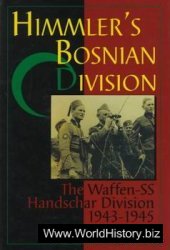In practice, Congress and the states carried on the war cooperatively. General officers were appointed by Congress, lesser ones locally. The Continental army, the backbone of Washington’s force, was supported by Congress. The states raised militia chiefly for short-term service. Militiamen fought well at times but often proved unreliable, especially when asked to fight at any great distance from their homes. Washington continually fretted about their “dirty mercenary spirit” and their “intractable” nature, yet he could not have won the war without them.
The fact that Congress’s requisitions of money often went unhonored by the states does not mean that the states failed to contribute heavily to the war effort. Altogether they spent about $5.8 million in hard money, and they met Congress’s demands for beef, corn, rum, fodder, and other military supplies. In addition, Congress raised large sums by borrowing. Americans bought bonds worth between $7 and $8 million during the war. Foreign governments lent another $8 million, most of this furnished by France. Congress also issued more than $240 million in paper money, and the states issued over $200 million more. This currency fell rapidly in value, resulting in an inflation that caused hardship and grumbling. The people, in effect, paid much of the cost of the war through the depreciation of their savings, but it is hard to see how else the war could have been financed, given the prejudice of the populace against paying taxes to fight a war against British taxation.
At about the time the Articles of Confederation were ratified, Congress established Departments of
Foreign Affairs, War, and Finance, with individual heads responsible to it. The most important of the new department heads was the Superintendent of Finance, Robert Morris, a Philadelphia merchant. When Morris took office, the Continental dollar was worthless, the system of supplying the army chaotic, the credit of the government exhausted. He set up an efficient method of obtaining food and uniforms for the army, persuaded Congress to charter a national Bank of North America, and (aided by the slackening of military activity after Yorktown) got the country back on a hard money basis. New foreign loans were obtained, partly because Morris’s efficiency and industry inspired confidence.




 World History
World History









